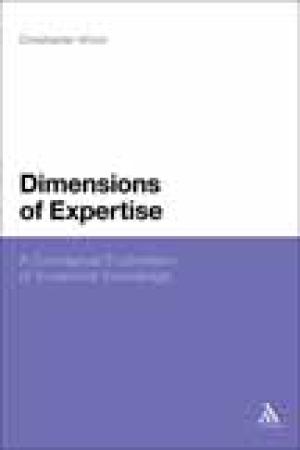Resources
Data and analysis-rich article (2003) in “Educause,” an education journal, focused especially on the “millennial generation” and computer technology. The author discusses how the learning styles, attitudes, and aptitudes of today's "new students" vary depending on age, experience, and preferences, requiring colleges and universities to find a variety of ways to meet students' expectations.
For those who learn through spatial representation, the skills and activities associated with Bloom's Taxonomy are laid out here in a complex diagram (various selections found in google search).
Brief descriptions of different learning styles
An easy-to-use inventory to determine one’s Multiple Intelligence preferences
The definitive Multiple Intelligences Webpage. (Homepage of Thomas Armstrong, disciple of Howard Gardner, the educator responsible for appropriating multiple intelligences for classroom use.) Lots of useful information, links, suggestions.
A classic matrix for thinking through classroom learning objectives as progressively more complex tasks and expectations

A detailed philosophical debate on the nature of expertise is long overdue and Dimensions of Expertise opens up that debate. Christopher Winch firstly explores an account of know-how, derived primarily from the pioneering work of Gilbert Ryle, and moves on to relate this epistemological debate to discussions concerning the nature of expertise in vocational and professional education, including attempts to provide a theory of expertise. (From the Publisher)
A five-year research project of seminary students from various cultural backgrounds revealed that the slight majority of contemporary seminary students studied are oral learners. Oral learners learn best and have their lives most transformed when professors utilize oral teaching and assessment methods. After explaining several preferences of oral learners, suggestions for effective teaching are provided in this article in order to improve both teaching and assessment of oral learners. Applications are provided for face-to-face and online learning contexts.
The concept of learning styles is based on the theory that an individual responds to educational experiences with consistent behavior and performance patterns. The complexity of the construct, the psychometric problems related to its measurement, and the enigmatic relationship between culture and the teaching and learning process means that the body of research on learning styles must be interpreted and applied carefully. Analyses presented in this paper suggest that the widespread conclusions in the literature that African American, Hispanic American, and Indian students are field-dependent learners who prosper academically when taught with field-dependent teaching strategies are premature and conjectural. Research does not support the supposition that members of a particular ethnic group have the same learning style. The body of research does have implications for enhancing the academic achievement of culturally diverse students by reminding teachers to be alert to individual students' learning styles as well as their own actions and methods in reference to their students' cultural experiences and preferred learning environments.